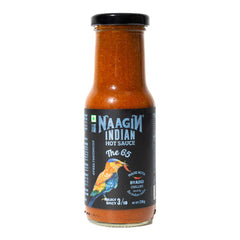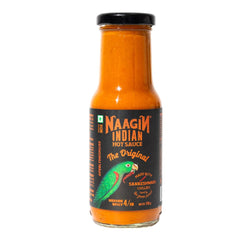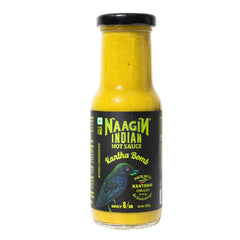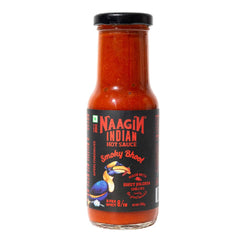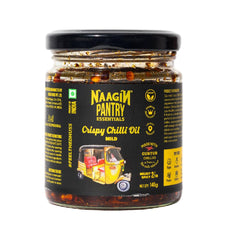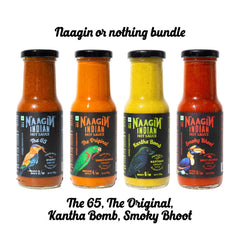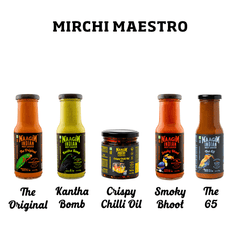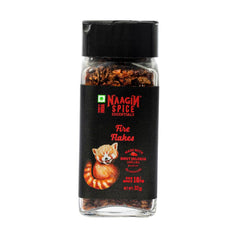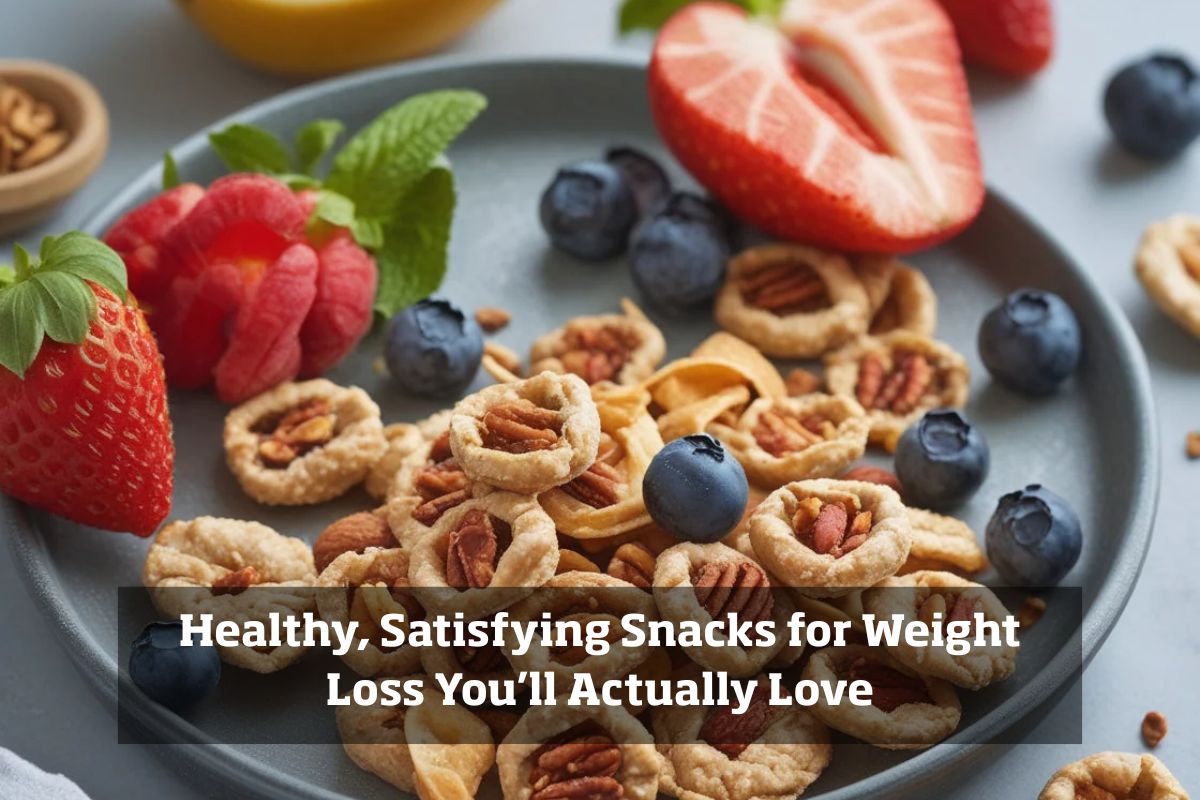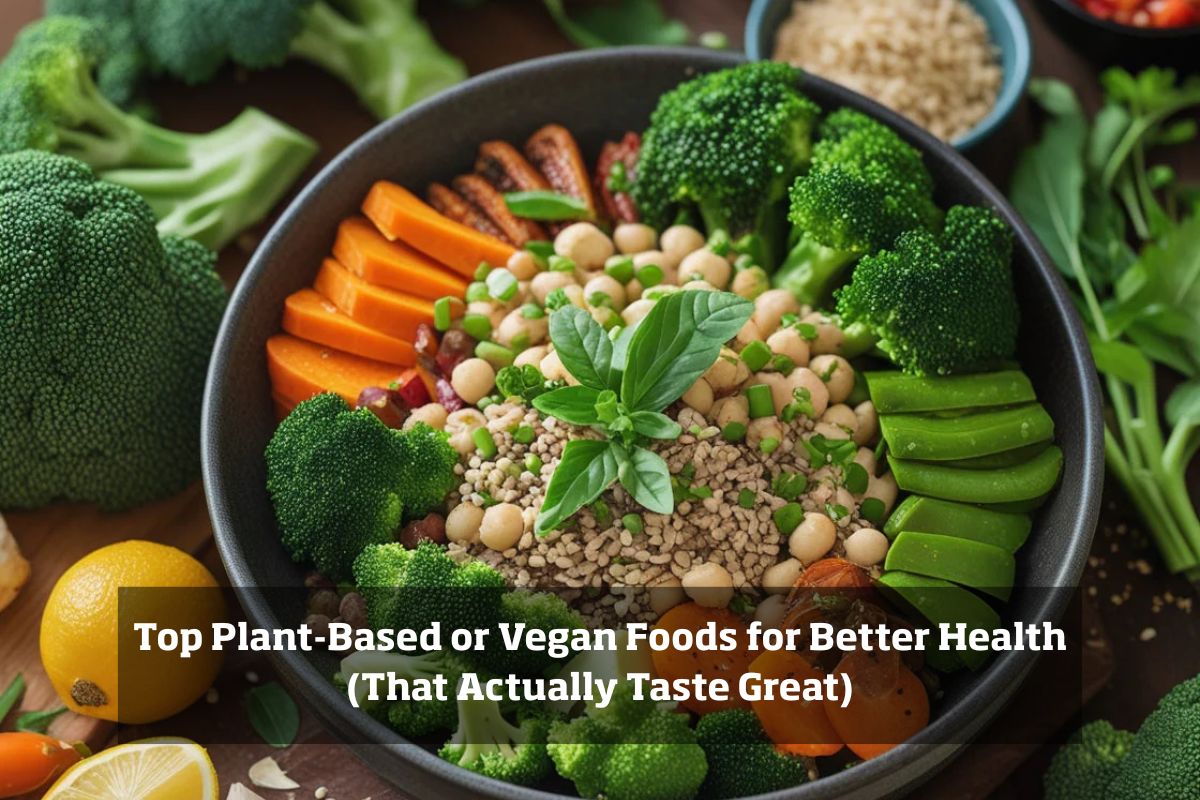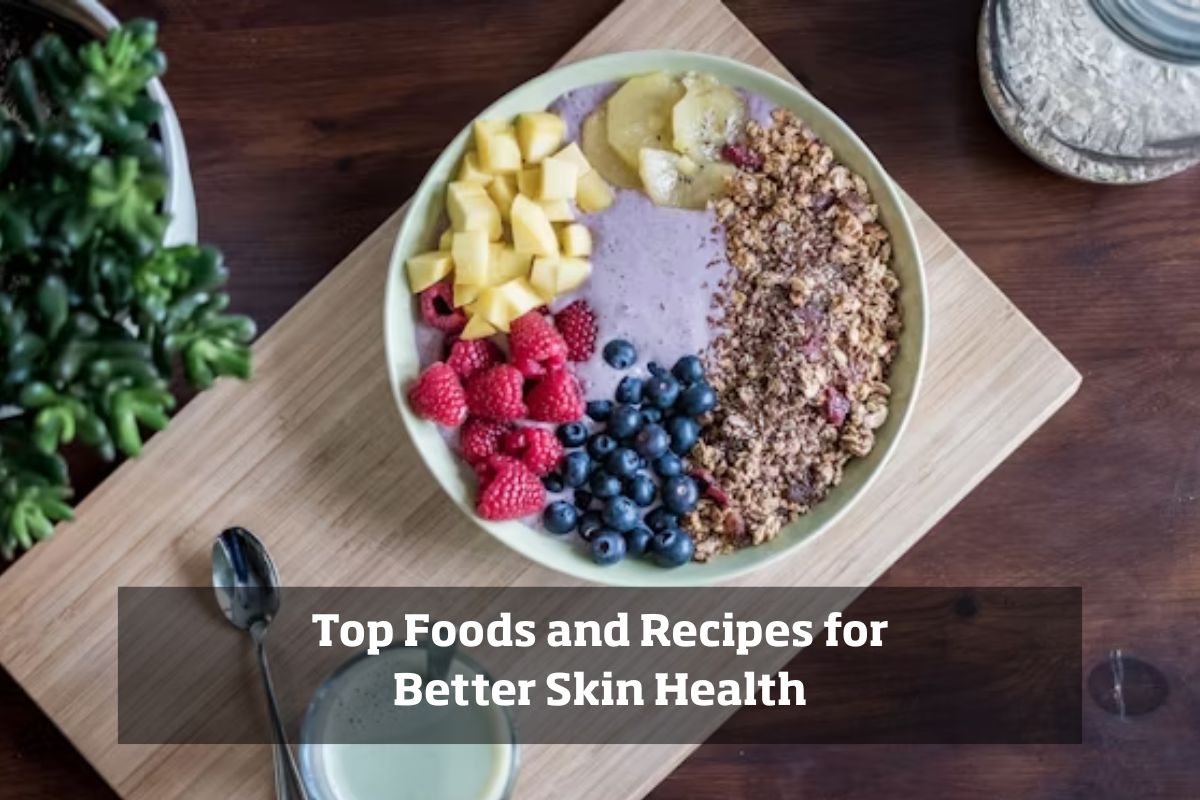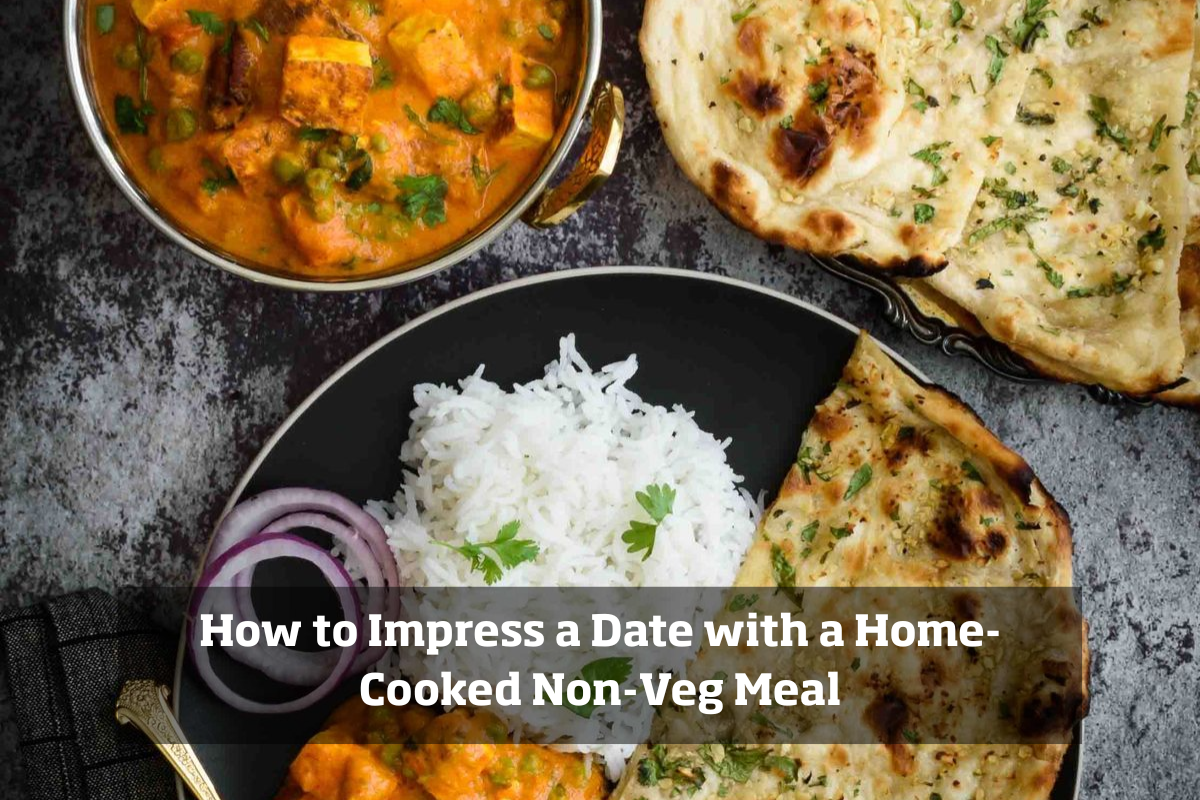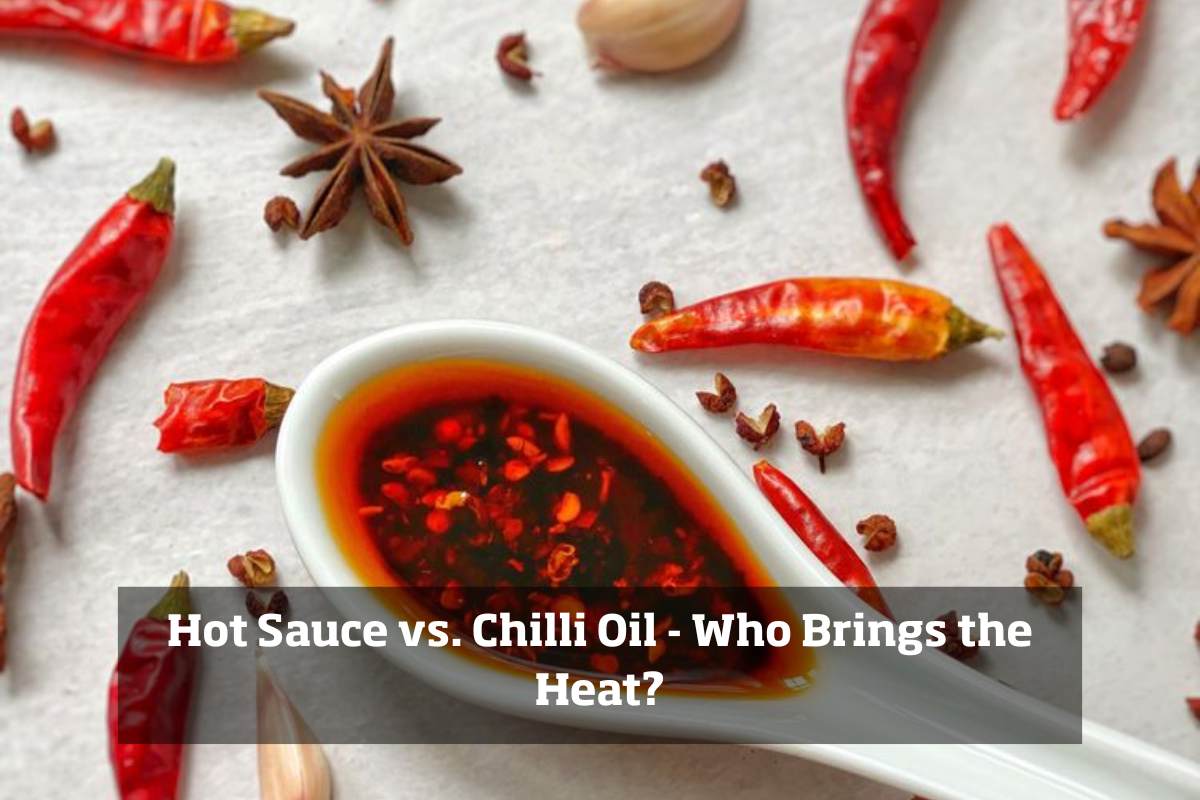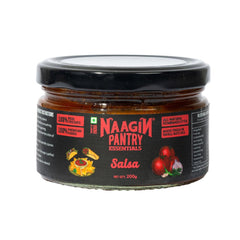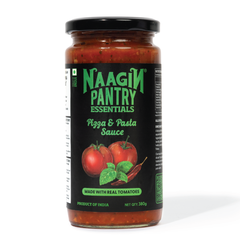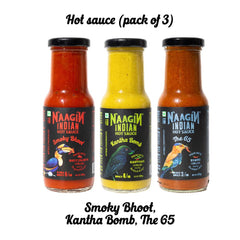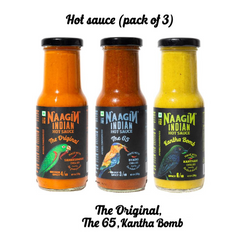
Hummus is the creamy, delicious, and versatile Middle Eastern dip that's captured everyone's heart around the world—and for good reason! Hummus, primarily chickpeas, tahini (sesame paste), olive oil, lemon juice, and garlic, is a taste sensation and an important powerhouse of nutrition. Let's dive into the many health benefits of this popular spread and why it deserves a place in your diet.
-
It is rich in plant-based protein
High protein: Hummus would definitely help you out if you're looking for a protein boost, especially if you're a vegetarian, vegan, or simply want to add more to your diet. Chickpeas are the base of all this, which packs plant-based proteins inside. The protein of hummus means that it is essential for muscle building and repairing purposes, as well as helping you feel fuller for longer-in short, a great choice for a satisfying snack or main meal.
Tip for Extra Goodness: Serve hummus with whole-grain pita or fresh veggies for a balanced snack that will keep your energy levels up throughout the day!
-
High in Dietary Fibre
There is abundant fibre in hummus as part of a healthy digestive system. A chickpea is naturally fibre-rich, helping in promoting digestion and preventing constipation. It also makes for a good feeling of being full, which can actually help manage weight by controlling the desire to snack constantly.
Fun Fact: 6 grams of fibre found in a serving of hummus equals almost 20% of the total amount recommended for an adult daily.
-
Good source of healthy fats
Hummus is packed with olive oil and tahini, two ingredients that are rich in healthy fats. Monounsaturated fats abound in olive oil. They are recognised for a heart-protecting effect: they tend to reduce levels of "bad" LDL cholesterol while increasing "good" HDL cholesterol, which reduces the risk of heart disease.
Tip for Extra Goodness: Add a drizzle of a little extra virgin olive oil on your hummus for added healthy fats for the heart and depth of flavour.
-
Rich in Vitamins and Minerals
- Hummus is a nutrient-rich food that provides a multitude of essential vitamins and minerals.
- Iron: It serves for the production of red blood cells and the transport of oxygen within the body.
- Folate: This vitamin is responsible for DNA synthesis and repair. For pregnant women, it is indispensable as well.
- B Vitamins: Involved in energy metabolism, brain function.
- Magnesium: Contributing role in muscle and nerve function as well as a healthy immune system.
- Zinc: Supports immune functions and cell growth.
By using these nutrients, hummus will not only help with satisfying hunger but also promote all around health of your body.
-
Heart Health
The combined action of the fibres, good fats, and antioxidants in the case of hummus helps battle heart disease. Observational studies suggest that diets containing a high intake of legumes, like chickpeas, can reduce cardiovascular disease risk. In addition, garlic and olive oil help to destroy reactive oxygen species and antioxidants.
Heart-Healthy Tip: Hummus is an excellent, healthy alternative for high-fat spread condiments, like mayonnaise or rich salad dressings.
-
Controls Blood Glucose
Hummus has a low GI that means it does not raise blood glucose to a considerable extent. The low GI foods prevent blood glucose from rising quickly. Therefore, hummus is one of the good foods that can be consumed by diabetic persons or for those who aim to prevent the fluctuation of blood sugar.
Hummus added to a balanced meal helps in regulating energy levels and preventing extreme crashes, curbing cravings.
-
It helps in weight management
Its high fibre and protein make hummus a wonderful weapon for managing weight. Both of these elements promote satiety, so even less will be consumed over all as not to become full. A low-calorie and nutrient-dense vegetable dip or sandwich spread is achieved through hummus.
Weight Loss Tip: Hummus is a healthier version of dips and spreads that are high in calories.
-
Gluten-Free and Dairy-Free by Nature
Hummus is one of those foods that dream of entering a restricted diet. It's gluten-free, dairy-free, and nut-free, which makes it ideal for people with celiac disease, those who cannot digest lactose, or suffers from nut allergies. This also makes it an assimilable food to present in a get-together, with attendees with different dietary needs.
Serving Idea: Serve hummus at your next party with a platter of colourful veggies, gluten-free crackers, and pita bread for an appetiser pleaser for everyone.


